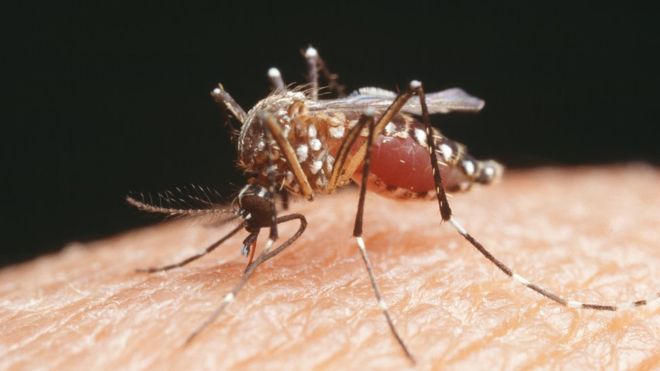A “super malaria” parasite is spreading through South-east Asia at a disturbing rate and Singapore is probably not going to escape from its clutches. Yet, it is far-fetched that there will be a fast spread here, said Assistant Professor Rajesh Chandramohanadas from the Singapore University of Technology and Design.
That is on the grounds that Singapore, which was declared malaria-free by the World Health Organization in 1982, has just a little populace of Anopheles mosquitoes – the bearers of intestinal sickness. Nonetheless, he noticed that Singapore is especially defenseless and responsive to outside diseases, attributable to the vast transient remote workforce and the deluge of tourists from neighboring nations. With 6 percent of total deaths caused by malaria revealed from the neighboring South-east Asia region, Singapore lies similarly powerless against these more up to date strains of malaria fever.
This dangerous type of the parasite, that is transmitted by parasitic mosquitoes, can’t be executed with the principle tranquilizes right now used to treat the irresistible malady, announced the BBC. The strain was initially detected in western Cambodia in 2007, and specialists are calling for activity before it achieves different territories, for example, India or Africa, revealed AFP. After its detection in Cambodia, the strain at that point spread to north-eastern Thailand, southern Laos and eastern Myanmar, a past report by Prof Dondorp and associates said. “The dread is that it (will) spread further, to India and Africa,” cautioned the professor.
Scientists at the Bangkok research unit cautioned there is a genuine peril of malaria getting to be plainly untreatable. Around 212 million individuals are infected with malaria every year and the principal treatment is artemisinin with piperaquine. Yet, artemisinin has turned out to be less compelling after some time and now, the parasite is opposing piperaquine as well. The treatment is flopping around 33% of the time in Vietnam and in a few areas of Cambodia; it is as high as 60 percent, as indicated by Prof Dondorp. In the event that comparable protection rises in Africa, where around 92 percent of malaria cases are accounted for, it would be cataclysmic. Dr. Michael Chew, from the Wellcome Trust medical research charity, stated: “The spread of this intestinal sickness ‘superbug’ strain is disturbing and has significant ramifications for public health globally”.

Jeffrey is acting editor in chief of AmazingNews24 with over seven years of experience in the field of online news under his belt. Jeffrey has worked with multiple media houses and is currently leading a team of journalists, sub-editors and writers through his entrepreneurial endeavours.



